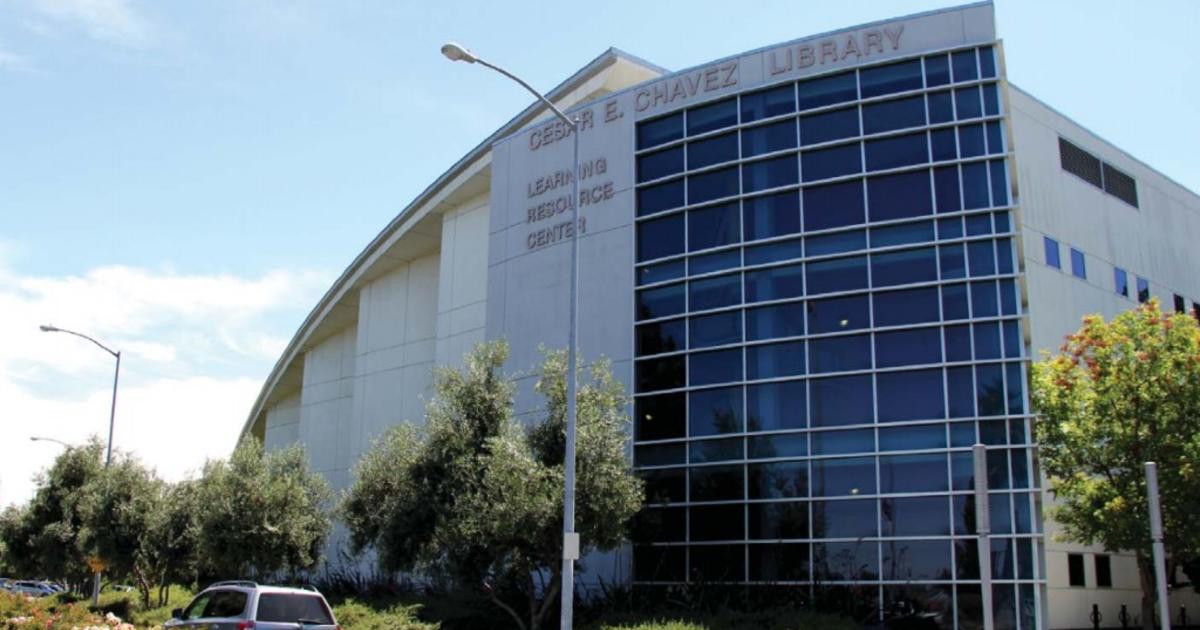California Police Flouting Asset Seizure Laws Prompts Action By State, Federal Lawmakers
SAN FRANCISCO (CBS SF) -- Law enforcement officials in California have been circumventing local and state laws and operating under a federal law which allows them to take, and keep, property not proven to be involved in a criminal offense. In response to widespread outcry, federal and state lawmakers are moving to close legal loopholes that allow agencies to take your property, even if you weren't arrested, and use the funds for equipment, salaries and other expenses.
According to a policy brief released by the American Civil Liberties Union this week, these asset seizures in California hit minority and poor communities hardest.
The ACLU found that areas with higher per capita seizure rates have annual household incomes below the state median and that around half of all Drug Enforcement Agency seizures in California involved people with Latino surnames.
Under U.S. federal law, a person's assets such as cash, car or home can be seized by law enforcement agencies even when the individual wasn't arrested, charged or convicted. This practice is known as civil asset forfeiture. But under California law, a criminal conviction is required to seize property.
The policy brief released by the ACLU of California's Criminal Justice and Drug Policy Project, states that despite local and state laws that prohibit taking assets without a criminal conviction, California law enforcement agencies have found a loophole -- the Justice Department's Equitable Sharing program -- which allows them to seize assets by teaming up with federal agencies that operate under federal law.
In California, the number of law enforcement agencies taking advantage of the federal civil asset forfeiture laws is growing, increasing over the last two years from 200 to 232, according to the ACLU.
Margaret Dooley-Sammuli, criminal justice and drug policy director with the ACLU of California said, "Civil asset forfeiture has allowed for rampant abuse, exploitation, and marginalization of low-income communities and people of color."
While civil asset forfeiture was designed in the 1980s to take money and property from people believed to be involved in illegal behavior, many people now criticize it for incentivizing law enforcement agencies to take property and assets away from people who have not been convicted of a crime.
Dooley-Sammuli maintains that "California police are padding their budgets with innocent Californians' hard-earned money and property."
According to a report by the non-profit advocacy group, Drug Policy Alliance, "police in California have rendered the protections afforded its citizens by state law virtually meaningless through their use of equitable sharing."
On Thursday, a bill to reform civil asset forfeiture procedures was introduced with bipartisan support in the U.S. House of Representatives.
The bill, Deterring Undue Enforcement by Protecting Rights of Citizens from Excessive Searches and Seizures (DUE PROCESS) Act, would add protections so that property owners have the opportunity to contest seizures and regain illegally confiscated property immediately. Overall, it places a higher burden of proof on the government, according to the bill's author, Rep. Jim Sensenbrenner (R-WI).
While the bill provides added protections for citizens, it does not stop local law enforcement agencies operating under the federal Equitable Sharing program, which allows law enforcement agencies to keep up to 80 percent of the proceeds from forfeited property.
Under California law, only 65 percent of the asset forfeiture proceeds are distributed to the law enforcement agencies that participated in the seizure. The other 35 percent of the asset forfeiture proceeds are meant to largely go to the State General Fund and the prosecutorial agent that processed the forfeiture action.
The ACLU maintains that many California law enforcement agencies are getting the full 80 percent by teaming up with federal law enforcement agencies, instead of the 65 percent prescribed under state law.
In 2015, asset forfeiture by California law enforcement agencies brought in over $29.1 million.
But state and local law enforcement agencies in California are making larger amounts of money from teaming up with federal agencies.
According to the nonprofit organization Institute for Justice, "Between 2000 and 2013, California agencies collected an eye-popping $696 million, or nearly $50 million each calendar year, through equitable sharing with the Department of Justice" and "almost $108 million from the Treasury Department's equitable sharing program" during that same 13-year period.
Nationally, $4.5 billion in revenue was brought in from federal forfeitures in 2014, up from less than $1.5 billion in 2008.
According to a Center for Public Integrity review of civil asset forfeiture reform legislation in U.S. states, 11 bills are now pending in seven states, while nine states have already passed laws in 2016 that in some way reform the process.
To address the loophole in California, the ACLU of California has co-sponsored a bill, along with the Coalition for Humane Immigrant Rights of Los Angeles, the Drug Policy Alliance, the Ella Baker Center for Human Rights, and the Institute for Justice.
Introduced last year, Senate Bill 443 failed on the assembly floor but is still pending and expected to be brought up for a final vote later this month, according to the ACLU.
The bill specifies that state and local law enforcement agencies cannot receive revenue for assets seized under federal law unless a defendant is convicted for an underlying or related crime, nor can the agencies refer or transfer property seized under state law to a federal agency. It would also prohibit any action for recovery of expenses against a person who has been acquitted of the underlying charges.
The bill would change the burden of proof that an agency must meet to "beyond a reasonable doubt."
The Los Angeles County District Attorney's Office, in legislative documents, maintains that the bill "is problematic as many criminals fail to file a claim for large amounts of drug money in order to avoid criminal prosecution" and instead flee, which would leave local and state law enforcement agencies unable to keep those seized assets.
Both the California bill and the federal bill to reform civil asset forfeiture laws stems from a growing concern that law enforcement agencies are increasingly motivated by profit rather than by justice.
Many law enforcement groups in California oppose the bill, saying curbing asset forfeiture laws would inhibit their ability to target well-funded criminal enterprises.
By Hannah Albarazi - Follow her on Twitter: @hannahalbarazi.



